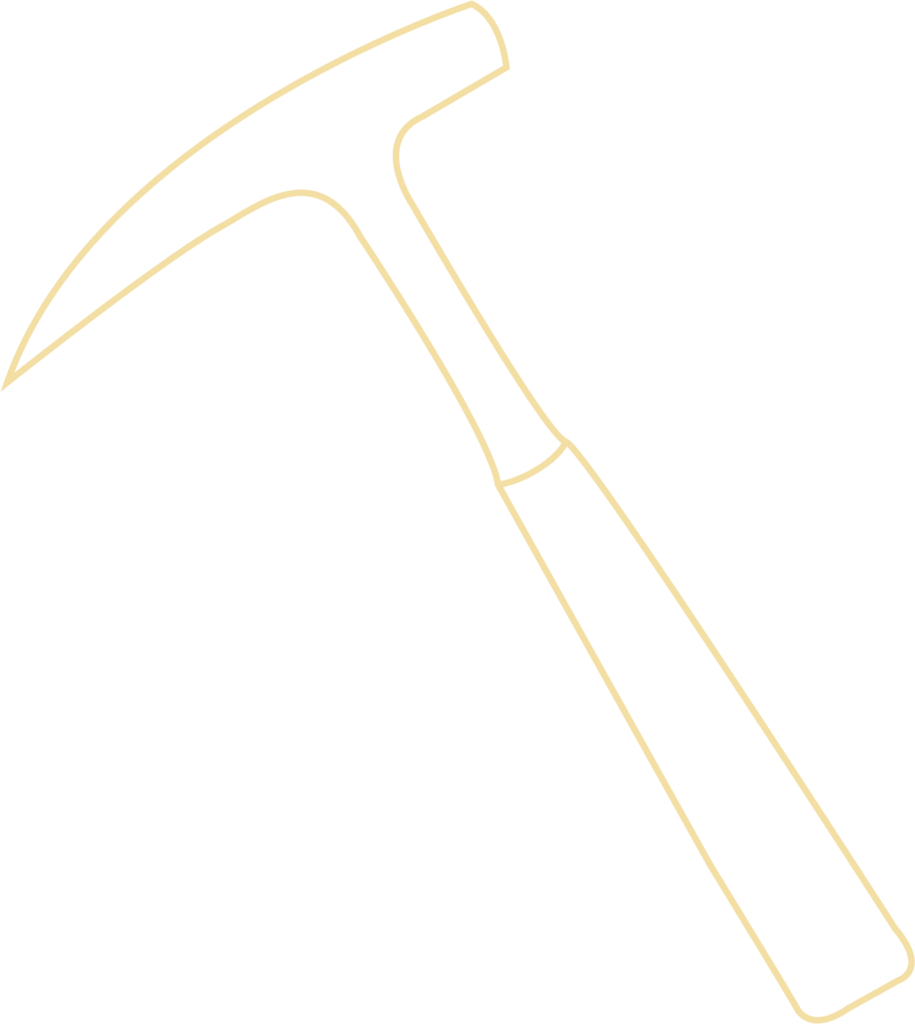The “Rock” (mostly Mineral) Hall of Fame

There are a lot of rocks (minerals) out there, but only a select few qualify for the Rock (Mineral) Hall of Fame!
Here are the award winners from all of the “rocks” found in or on the Earth’s crust, many of which we have on The Rock Readers site:

Talc!
The Softest
No, it’s not EZ listening music, yacht rock, or James Taylor, it’s the mineral Talc! Talc, at a Mohs hardness of 1, is so soft, for years parents have used it to powder babies’ butts in the form of talcum powder.
Second Softest: Molybdenite at 1–1.5
Third Softest: Graphite at 1–2
Honorable Mention: Selenite and Satin Spar at 2
Real Contenders: Halite and Seraphinite tied at 2.5

Diamond!
The Hardest
Is it Red Hot Chili Peppers? AC/DC? Metallica? No, the hardest rock is the mineral Diamond! Diamond, at a Mohs hardness of 10, is hard enough to scratch any other mineral and stand up to all sorts of people whacking their wedding rings against everything year after year.
Second Hardest: Stishovite at 9.5
Third Hardest: Moissanite at 9.25
Honorable Mention: A tie! Ruby and Sapphire at 9
Real Contender: Cat’s Eye Chrysoberyl at 8.5

Diamond!
Most Valuable
Dwayne “The Rock” Johnson is nowhere near as pretty as the rarest gemstones, and it turns out he’s also not as valuable! Extremely rare blue diamonds and red diamonds are worth far more than their weight in gold or movie stars and win the prize for most valuable rocks.
Second Most Valuable: Gem-quality Jadeite
Third Most Valuable: Serendibite–obscure but valuable!
Honorable Mention: Emerald
Real Contender: Ruby

Feldspar!
Most Common
This rock gets called every name in the book–moonstone, sunstone, adularia, peristerite, microcline, labradorite, amazonite–but doesn’t Feldspar itself deserve credit for being the most common rock on Earth? (The Earth’s crust, that is.) Even quartz, which makes up practically half of the Rock Readers minerals, can’t beat feldspar!
Second Most Common: The Quartz Minerals
Third Most Common: The Pyroxene Minerals, for example Jadeite and Diopside
Honorable Mention: The Amphiboles, for example Actinolite and Hornblende
Real Contender: The Micas, for example Muscovite and Biotite

Osmium!
The Heaviest
Which is heavier, a ton of lead or a ton of feathers? Answer, a ton of osmium! What? Well, no, not really, they all weigh the same, but osmium, with a specific gravity of 22.59, is the heaviest known mineral. It even beats lead minerals like cerussite, galena, and wulfenite—it has twice the density of lead!
Second Heaviest: Iridium at 22.56
Third Heaviest: Platinum at up to 21.45
Honorable Mention: Gold at up to 19.3!
Real Contender: Silver at up to 12!

Pumice!
The Lightest
Finally the actual rocks get a chance! Yes, the lightest rock is actually a rock, not a mineral, and that’s Pumice! Pumice, with a specific gravity less than 1, may come from lava gushing out of a volcano like all sorts of heavy rocks, but it’s so full of air bubbles that it’s the only rock that can float on water!
Second Lightest: Amber at as low as 1.03
Third Lightest: Jet at as low as 1.10
Honorable Mention: Coal at as low as 1.2
Real Contender: Opal at as low as 1.25